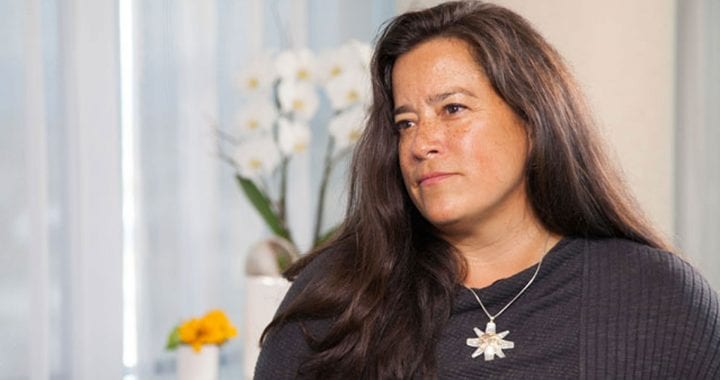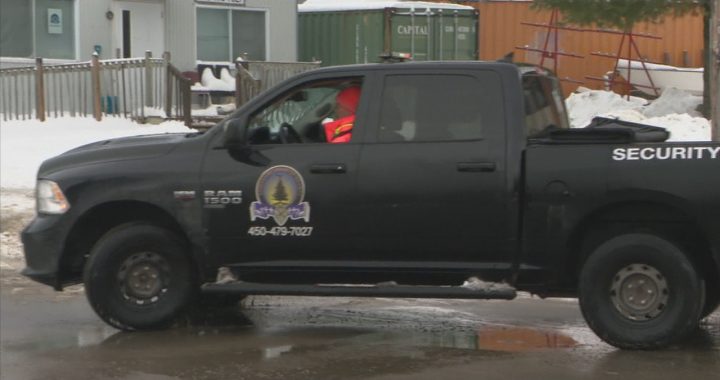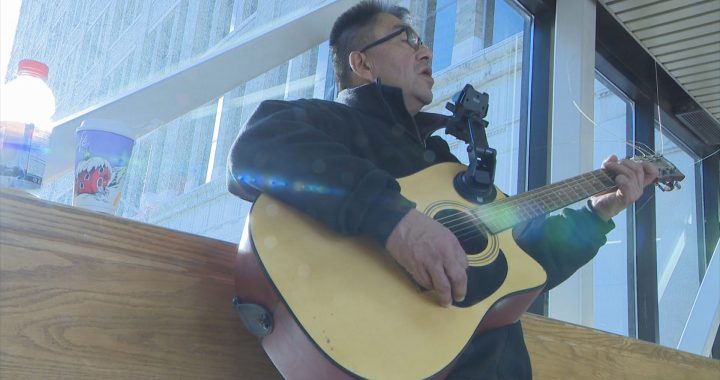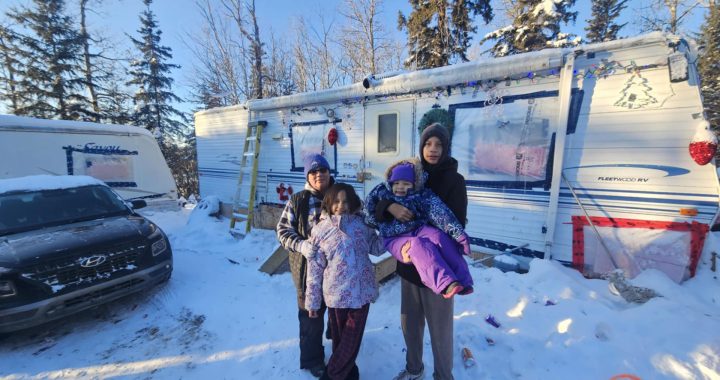As the coroner’s inquest into the death of Rodney Levi wraps up, an expert in police tactics says the two RCMP members who arrived on the scene back in June 2020 could have things differently.
Sgt. Kelly Keith, an expert in the use of force who has worked for a number of police agencies across the country, says if the Mounties on the scene that day removed civilians from the scene and gave Levi more space, the outcome might have been different.
“At that point, there’s no time for anything but a firearm to be used, it’s too close, retook fast and it’s just too risky to use anything else at that point,” Kelly said.
Levi, 48, from Metepnagiag First Nation, was shot dead by RCMP on June 12, 2020, when they responded to a call about a man with knives at a home in Sunny Corner, N.B.
Police testified that Levi had knives in his hands and refused to drop them.
But RCMP Sgt. Leonard McCoshen testified that police followed their training – and that the actions of the person in front of them determine how they’ll react.
“Had Levi put the knives down, he would have been apprehended by the mental health act,” said McCoshen.
Linda Levi, Rodney’s sister says she was offended by the comments.
“It’s just all about Rodney, you know what I mean, it’s like painting him bad and that’s it, this is it you know, they just want to justify what they did,” she said.
The week-long inquest has heard from about a dozen witnesses including retired Dr. Linda Hudson who said she started treating Levi in 2002. She said he would regularly attend a detox clinic but would usually check out early and not take follow-up counselling.
She said there’s a need for more community-based services so people don’t have to travel far for help.
“Because I knew he struggled, and I could see him spiralling down and that was difficult to see,” she told the inquest. “Especially when I knew that you know, that at the basic level he really wanted to be free of his addiction.
“The mortality rate with addictions is higher than the mortality rate with cancer. It’s a public health emergency.”
Greg Zed, a forensic suicidologist, with 45 years of experience, said he examined Levi’s history of mental health issues, addiction and interaction with police. He said he looked at eight factors that lead people to try and get killed by police, and he noted there were seven present in Levi’s death, including a history of conflict with the law, stressors, and suicidality.
“Rodney Levi died as a result of the phenomenon known as suicide by cop,” Zed told the inquest.
Police said they attempted to get Levi to drop two knives he was wielding and jolted him three times with a Taser. Officers testifying Monday at the inquest said at one point Levi said, “You’re going to have to put a bullet in me.”
They said he lunged toward an officer and was shot twice.
Zed said he believes suicide by cop is present in a third of all police shootings. He said more services are needed for mental health in New Brunswick and they must also be culturally sensitive by involving members of First Nations communities.
Levi’s niece, Becky Levi, said Monday Rodney was not suicidal.
“It was so frustrating,” she told reporters after the inquest had ended for the day. “I knew my uncle Rodney. He was a lot of things, but suicide wasn’t one of them. He had his troubles with depression but he just wouldn’t do that. He tried so hard. Look at how many times he reached out for help,” she said. “Instead of getting help, he was shot and killed.
A coroner’s inquest does not assign blame but issues recommendations intended to help prevent death under similar circumstances in the future.
The jury is expected to make recommendations tomorrow.










